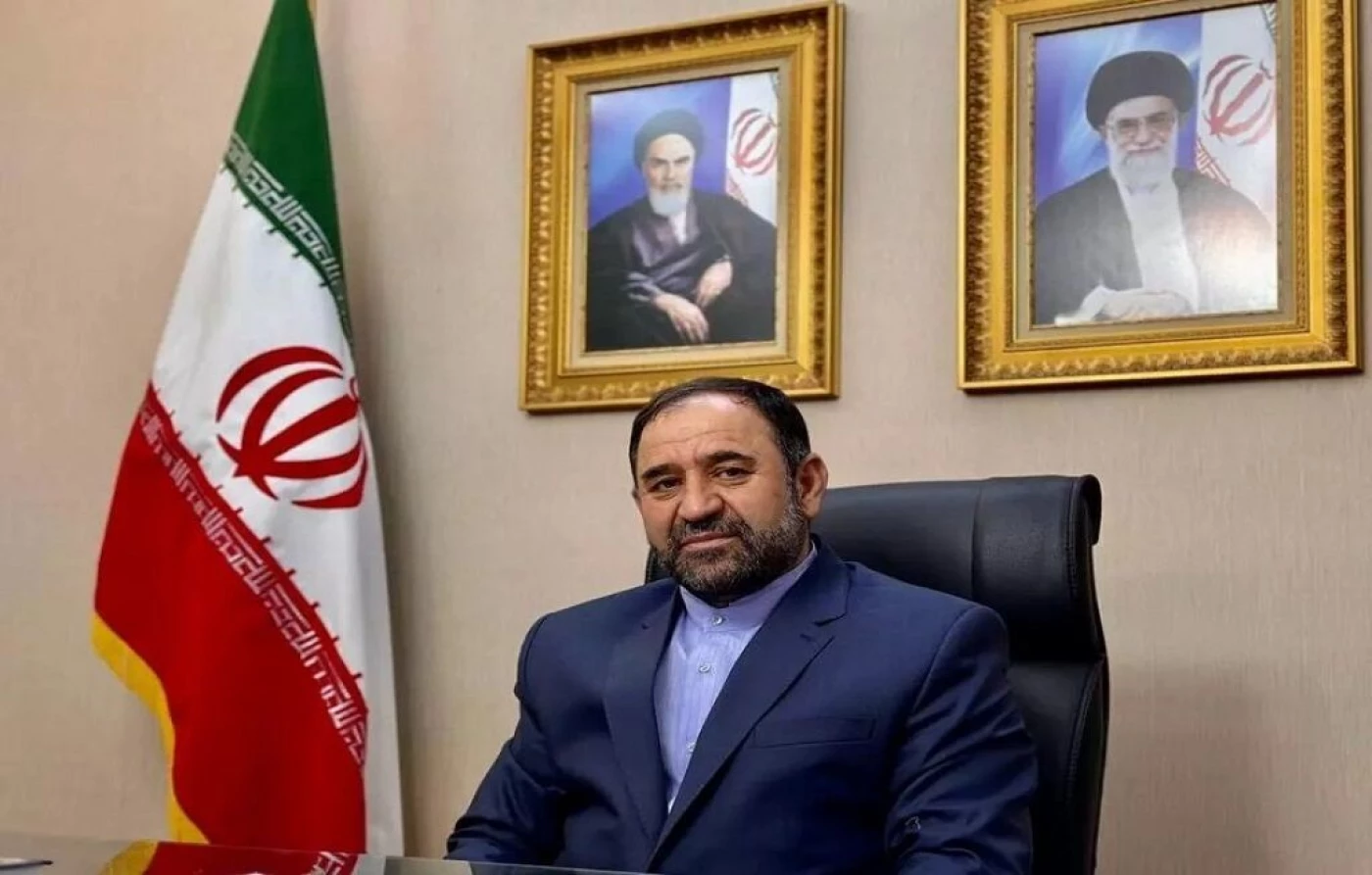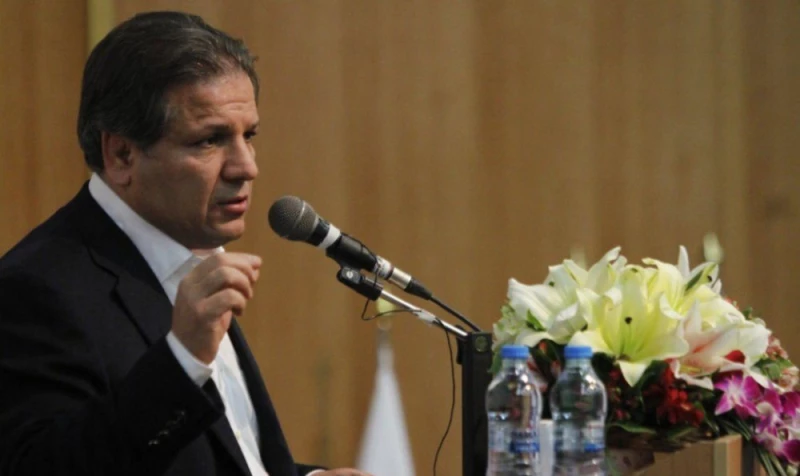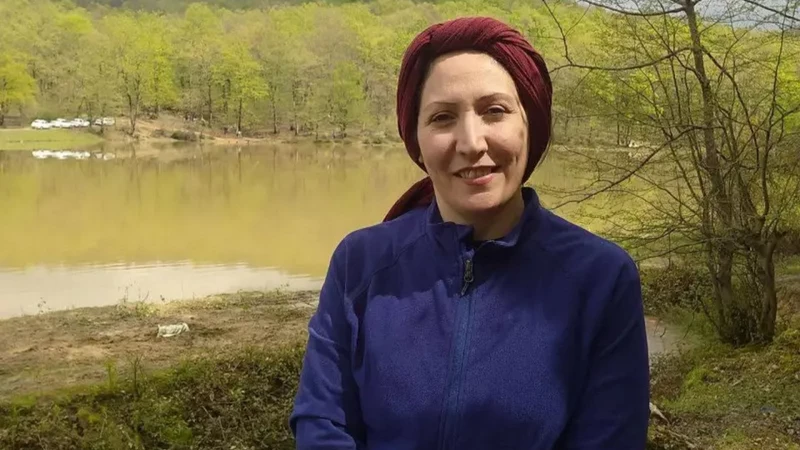ERBIL, Kurdistan Region of Iraq - Iran’s ambassador to Syria who has returned to Tehran since the collapse of Assad, says they will soon resume work and reopen their embassy while describing the fall of Bashar al-Assad so "quickly" as "surprising".
Speaking to the state-run IRNA, Hossein Akbari also spoke about the sudden collapse of Tehran’s former ally Assad and the restoration of diplomatic ties with the new rulers of Syria.
“The Iranian embassy in Damascus will return to work soon,” Akbari said. "Our goal is to resume the consulate's activities as soon as possible."
The Assad family’s five decades of rule spectacularly came to an end a week ago, as a result of an 11-day sweeping offensive led by the rebel group Hayat Tahrir al-Sham (HTS).
Soon after the Damascus regime's downfall, opposition groups formed an interim government that would last until March 1 under Mohammed al-Bashir's leadership.
"No one expected these developments to happen so quickly and in such a short period of time,” IRNA quoted Akbari as saying. "Not only did the officials in the Syrian government expect such a thing, but even those who were behind the scenes of these events and were responsible for managing them were also surprised."
He went on to say: "What is striking is that this operation was launched from a point completely far from Aleppo and to the north of this city. Their only goal was to strike the Syrian army and announce success in a limited operation. But when the operation began and the Syrian army did not resist them, they [the rebels] were encouraged to expand the operation from different axes.”
The Iranian ambassador spoke about the night before the fall of Damascus and how they evacuated the embassy.
"I personally was present at the embassy with many of my colleagues until Saturday evening [December 7], the day before the fall of Damascus. We even had meetings and monitored the situation closely. We discovered that a settlement had been reached between the two parties and everything was over.
"That is why I announced to my colleagues that night that it was no longer useful to stay at the embassybecause suspicious groups could interfere in these issues and seek to obtain documents, equipment, or special capabilities.
"In addition, people who were acting with the aim of stealing could also cause problems, and that is why we decided to evacuate all people associated with the embassy and transfer them to Beirut,” the ambassador said.
Akbari praised the role of rebels in protecting their embassy’s building.
"Fortunately, no one was hurt, and we did not suffer any losses. They (the armed opposition) announced that they had no problem with us. The next day, when they arrived in Damascus, they provided security for our embassy; they set up barriers and placed guards and did not allow anyone to even take pictures of the embassy,” he explained.
Throughout the 13-year-long civil war in Syria, Iran played a pivotal role in protecting the now-ousted Assad and his regime in Damascus, through military intelligence, and heavy weapons.
The collapse of the Assad regime, a key ally of the Islamic Republic, has been described as dealing a massive blow to Tehran's influence in the region.



 Facebook
Facebook
 LinkedIn
LinkedIn
 Telegram
Telegram
 X
X


